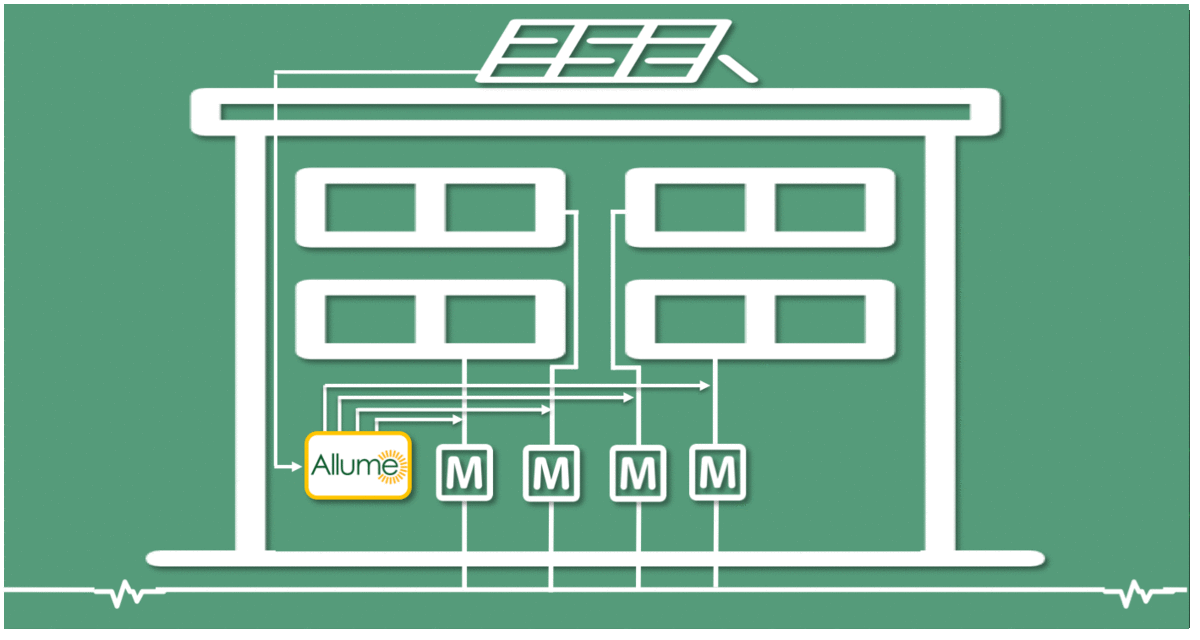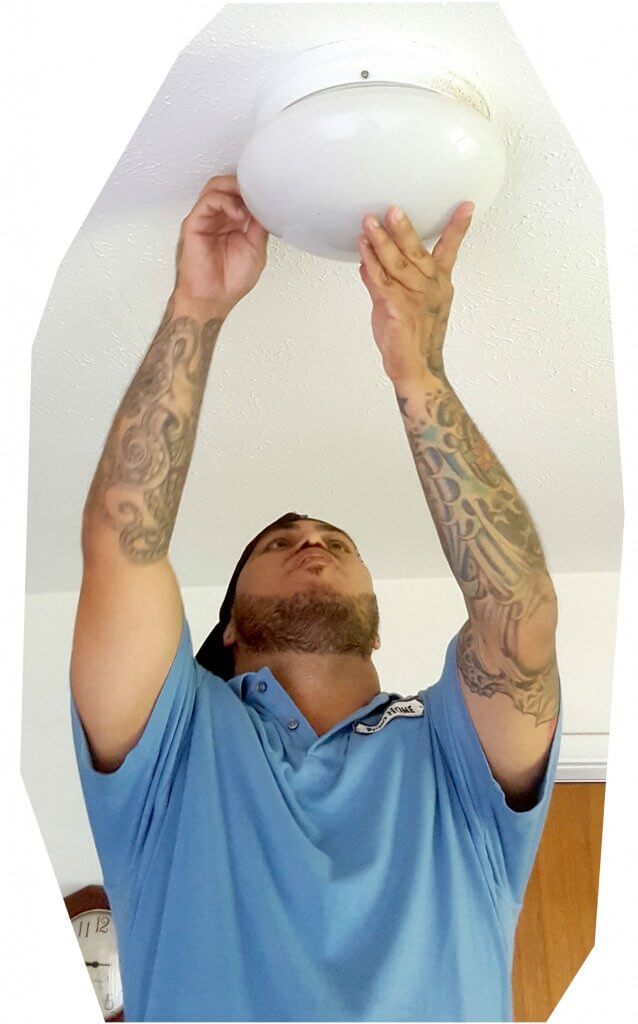Accelerating Access To Clean Technology
It’s no secret that Silicon Valley drives the tech world. From smart cars to smart homes, California continues to boast the world’s latest high-tech innovations and developments. Yet many Californians still lack access to technological advancements that could dramatically improve their everyday lives. High-tech products and services are viewed by many residents in low- to moderate-income (LMI) communities as out-of-reach luxuries rather than attainable necessities. The innovations shaping the future of energy, transportation, water access, agriculture, and beyond are no exception to this reality.
The problem isn’t that people don’t understand the overarching benefits of clean technologies, such as local food and energy efficiency systems. The real hang-up is that most of these products and services tend to be geared towards those in high income brackets. They’re not designed for people who might live in multi-family buildings that are older and more densely packed together. They don’t address how renters think about their water heaters, the transportation needs of people with the longest and costliest commutes, or the challenges faced by farmers operating at the edges of the grid. Even brand messaging often suggests that groundbreaking technologies are only accessible to the select few. Not only does this issue of narrow accessibility prevent many communities from reaping the benefits of such technologies, it’s also a major constraint on industries that rely on widespread adoption in order to reach their full potential.
Thankfully, there are companies bridging this technology divide by identifying and deploying solutions to fit specific community needs. This approach, which we call place-based innovation, enables engagement with LMI communities that are ready and excited to start reaping the benefits of cleaner, more sustainable systems.
Meet Pono Home and Allume Energy, two companies working to make these high-tech innovations accessible to all.
Pono Home
Low- to moderate-income consumers face a double bind when it comes to their utility bills. Because they are more likely to be renters, a flexibility constraint exists, prohibiting them from making the types of in-home improvements that many private homeowners use to increase efficiency and lower bills. As a result, they spend a disproportionately larger amount of their monthly income on electricity and water than do their high-income counterparts.
Pono Home can help. The company performs comprehensive in-home energy and sustainability audits that range from inspecting water and lighting fixtures to optimizing major appliances and improving air quality. They suggest and install specific upgrades, and educate residents on how to live greener, healthier lifestyles. (Disclosure: Pono Home was founded and is owned by the majority owner of CleanTechnica.)
In 2016, as part of Elemental Excelerator’s Demonstration Track, Pono Home launched a project with the Hawaii Public Housing Authority, Department of Hawaiian Home Lands, and Hawaii Energy to specifically target renters, the elderly, low-income families, public-housing residents, and others who haven’t enjoyed access to traditional energy-efficiency programs. Since Pono Home began working with these LMI families, the company has greened over 4,000 homes, installed more than 40,000 fixtures, and helped residents save hundreds of dollars per year on their utility bills. Perhaps even more critically, Pono Home has spread energy awareness in communities across the Hawaiian Islands and translated educational materials into 8 different languages, laying the groundwork for ever-expanding cycles of quality-of-life improvements.
Allume Energy
The declining cost of solar energy is fueling a boom in rooftop installations and significant savings on many consumers’ energy bills. But the majority of these solar panels are installed on single-family homes, leaving renters and tenants of multi-family buildings out of the equation. One of the biggest hurdles faced by people in multi-family buildings is that they don’t own their rooftops. According to a Pew Research Center analysis in 2017, 37% of households in the U.S. were renters — the highest level in 50 years.
Allume Energy is closing the renter gap. The company’s technology sits behind the meter, automatically routing power from a single solar system to any number of residents in a multi-dwelling building who wish to participate. This model enables simple power-sharing agreements — between tenants and landlords, or among co-owners — and expands access to clean, renewable energy for LMI communities.
The company got its start bringing solar access to indigenous communities in Australia. Now, it’s exploring an expansion to Hawaii, where it will unlock the opportunity for renters and residents of multi-family buildings to participate in the clean-energy transformation.

Elemental Excelerator’s Equity & Access Track
In an effort to speed the growth of groundbreaking companies like Pono Home and Allume, Elemental Excelerator (EEx) is launching a new Equity & Access Track in 2018, designed for companies whose mission is to build impactful tech solutions for California’s LMI communities. In order to meet minimum qualifications, applicants must have at least two full-time employees and an operating prototype. Selected companies will receive an investment of up to $750,000. Additionally, the EEx team will work with them on key strategic growth areas, including product/market fit, business-model pivots, and market-expansion opportunities.
Have a world-changing solution that benefits LMI customers in California? Apply today or refer a company!
Have a tip for CleanTechnica? Want to advertise? Want to suggest a guest for our CleanTech Talk podcast? Contact us here.
Latest CleanTechnica.TV Video

CleanTechnica uses affiliate links. See our policy here.


